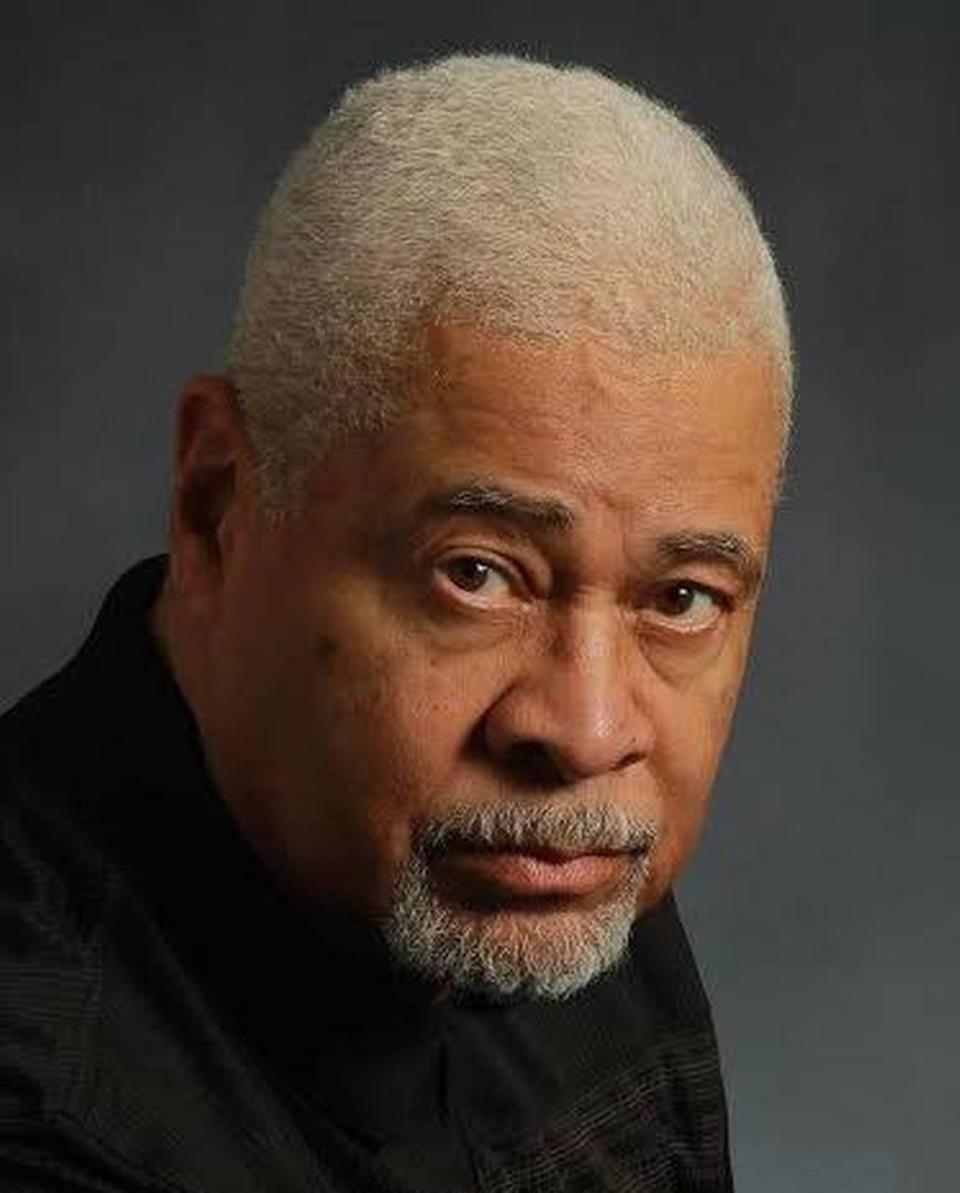Under the baobab: From Robinson to Kaepernick — the difficulties of being ‘the first’
“So live, that when thy summons comes ... approach thy grave, like one who wraps the drapery of his couch about him, and lies down to pleasant dreams.” - “Thanatopsis,” William Cullen Bryant.
Dudley “Trusty” Bynoe, my sister Linda’s husband, died on Christmas. He was 78. He and Linda had been married for 57 years. They met when she was in high school. He was the second African American to work at the San Jose Fire Department. He founded the Santa Clara County Black Firefighters Association in 1973. Doing his job in a segregated and biased society, he attempted to provide opportunities for others who would come after. Trusty and I used to talk about the difficulties of being a “first.” You try to open doors, aware that you are standing on the shoulders of those who helped us. Now we are those shoulders. Your efforts are rarely rewarded.
Jackie Robinson endured pain and persecution when he broke the color barrier in major league baseball. His primary hurdle was remaining silent while repressing his rage playing in the swamp of white supremacy. He was not the first.
The first jockey to win the Kentucky Derby was an African American, Oliver Lewis. William Walker, a former enslaved person, was the third. Issac Murphy, another formerly enslaved person, won the Kentucky Derby three times. All three men were buried in unmarked graves in the pauper cemetery reserved for “colored people.”
The first Black heavyweight champion of the world, Jack Johnson, was also buried in an unmarked grave in a colored cemetery. (Filmmaker Ken Burns donated a tombstone for the champion). Racists resented Johnson for beating Jim Jeffries, the undefeated former champ, first of many “Great White Hopes.” Muhammed Ali, who was persecuted and prosecuted for his religion, activism and antiwar sentiments, said he had been greatly influenced by Johnson’s experiences.
Doug Williams was the first African American quarterback to start and win a Super Bowl with the Washington Football team in 1988. While leading the team to a 42-10 wipeout over the John Elway led Denver Broncos, he completed 18 of 29 passes for 340 yards with four touchdown passes. All four touchdowns were thrown in the second quarter, setting a Super Bowl record. He also broke Joe Montana’s record, at the time, for most yards in a Super Bowl with 331. He was named Super Bowl MVP. His reward? The next season he was dropped as starting quarterback presumably because of injuries. In 1989 he was dropped from the team and football.
Another football quarterback who suffered slings and arrows because of his race and opinions was Colin Kaepernick. He was picked 36th in the 2011 draft. A year later he led the San Francisco 49ers to the Super Bowl. Kaepernick threw for 302 yards, passed for a touchdown and ran for another one. The 49ers fell behind the Ravens early, losing 34-31. The following year he led the team to a 12-4 record but they lost the NFC championship game against Seattle. Then in August 2016 Kaepernick began to protest the treatment of Black people. He said, “I am not going to stand up to show pride in a flag for a country that oppresses Black people and people of color. To me, this is bigger than football and it would be selfish on my part to look the other way.”
To protest, he started kneeling during the national anthem. The team released him from his contract. He has not played for any team since. Tonight at 7 p.m. at The State Theatre, John Affleck of the John Curley Center for Sports Journalism will present to students a documentary, “Kaepernick & America,” by Gary Cohen. It shows a different perspective on how America treats our “firsts,” our heroes, particularly when they are people of color.
Charles Dumas is a lifetime political activist, a professor emeritus from Penn State, and was the Democratic Party’s nominee for U.S. Congress in 2012. He was the 2022 Lion’s Paw Awardee and Living Legend honoree of the National Black Theatre Festival. He lives with his partner and wife of 50 years in State College.

 Yahoo Sports
Yahoo Sports 

